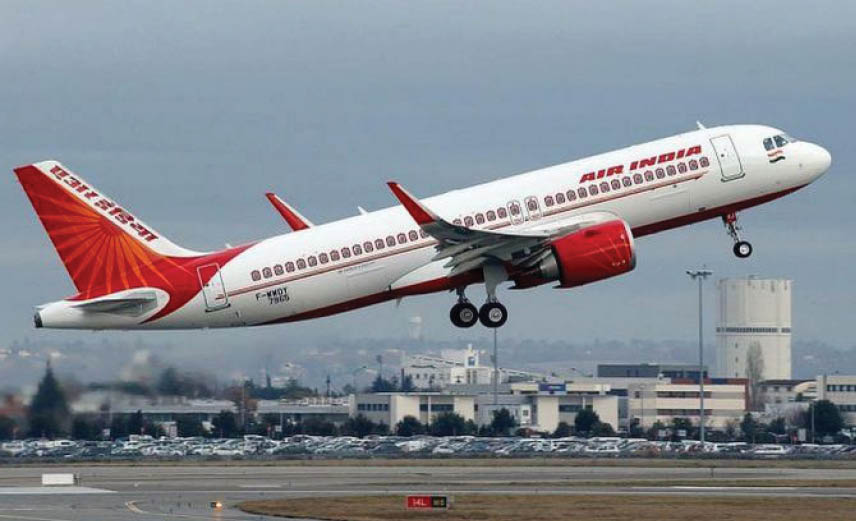Tata Sons has started the process of due diligence of government-owned Air India and its subsidiary, Air India Express. Air India is nearly Rs. 40,000 crores in debt, and has been looking for divestment opportunities since 2017 – when it owed creditors upwards of Rs. 50,000 crores. Expressions of interest were invited in 2019, and – after a significant pandemic-induced delay – bids came in by the end of 2020.
Among the bidders in consideration is Tata Sons – the Rs. 8 lakh crore holding company of one of India’s most well-known brands, Tata. Before moving forward, the company wants an in-depth understanding of Air India’s business fundamentals – including fleet strength, routes, equipment and procurement to hidden debt, obligations, liabilities and subsidiaries. According to official sources, the group has appointed Bain and Company and Seabury Group for this purpose. On its completion, a financial bid will be submitted and a deal to take over the airline is slated to take place latest by the year end.
Tata Group also brought in veterans in the aviation business from Delta and United Airlines to prepare a plan for the post-merger integration of Air India with its existing airline ventures. Tata Sons currently operates Vistara — a 51:49% joint venture with Singapore Airlines and Air Asia India, in which Tatas hold 83.67% stakes.
In the recent past, a team comprising AirAsia India and Vistara officials visited Air India’s engineering services facility (Kalina) for asset verification. The group also held meetings with various department heads. The second wave of the pandemic in India and abroad, resulting in multiple countries banning flights to and from the country, has greatly delayed the process.
As per sources, Tata Sons initially plans to merge Air India with Vistara and eye premium traffic to long-haul destinations like Europe and the US; while Air India Express is likely to be merged with AirAsia India to operate as a low-cost airline in the domestic market and international destinations of up to five-hour range.
Air India’s distressed status will likely make for a low-price tag, and the conglomerate hopes to flip its balance sheet at a time when air travel as a whole is regaining its momentum. Vaccine rollouts and eased restrictions are seeing an increase in business and leisure travel, and airlines worldwide are starting the long journey back to profitability.
- દિકરી એટલે બીજી માં… - 20 April2024
- નાગપુરની બાઈ હીરાબાઈ એમ. મુલાનદરેમહેરનો ઇતિહાસ - 20 April2024
- વિશ્વ ભારતી સંસ્થાન દ્વારા રતિ વાડિયાનુંસન્માન કરવામાં આવ્યું - 20 April2024
